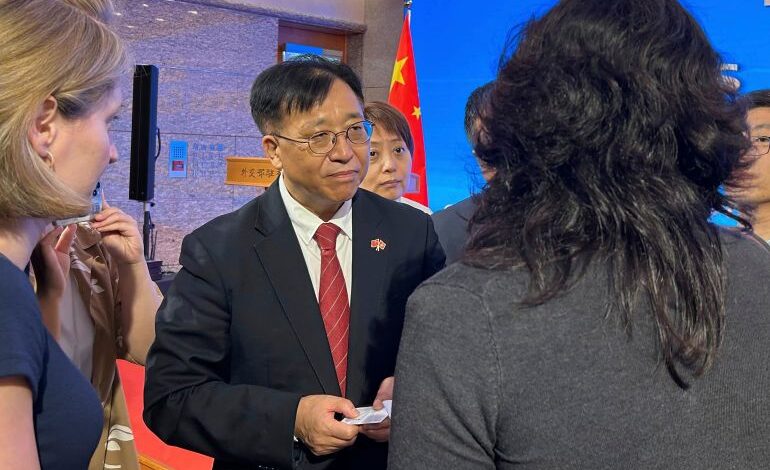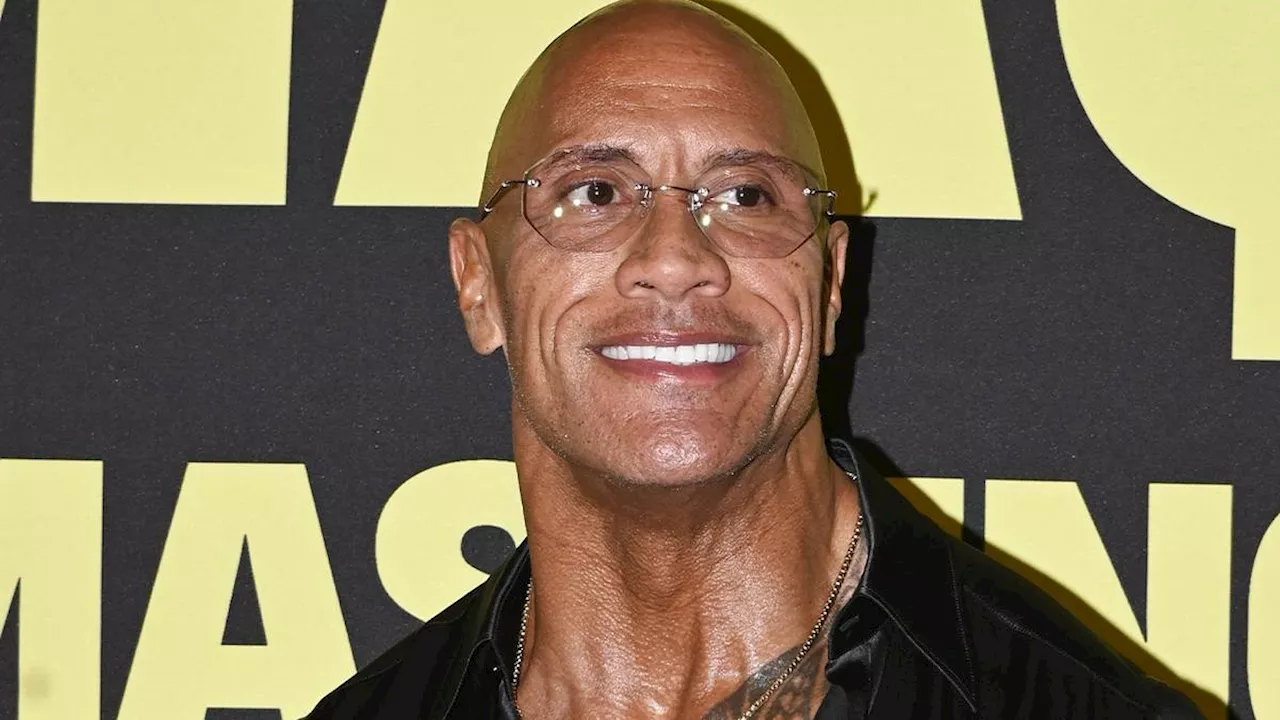Beijing’s Diplomat Issues Warning to New US Consul General in HK

The United States has rejected a warning from Beijing’s top diplomat in Hong Kong, who cautioned the new US Consul General, Julie Eadeh, against interfering in the territory’s internal affairs. Cui Jianchun, the commissioner of the Hong Kong office of China’s Ministry of Foreign Affairs, conveyed his message during a meeting on Tuesday. This was highlighted in a statement released by Cui’s office on Thursday.
Cui urged Eadeh to adhere to fundamental international relations norms, specifically noninterference in domestic matters, and to distance herself from what he termed “anti-China forces.” In this context, Cui outlined “four don’ts” for the US diplomat. He instructed her not to meet individuals considered inappropriate, avoid colluding with anti-China factions, refrain from supporting activities that could destabilize Hong Kong, and not interfere with cases related to national security.
This warning follows Eadeh’s previous actions in 2019 when she was the political chief at the US consulate in Hong Kong. During that time, she invited pro-democracy figures to various events, which drew criticism from Beijing.
In response to Cui’s statements, the US Department of State emphasized that US diplomats are tasked with promoting American interests worldwide. A spokesperson remarked, “US diplomats represent our nation and are charged with advancing US interests globally, which is standard practice for diplomats around the world, including in Hong Kong.”
Ongoing Tensions Between Beijing and Washington
The interaction between Cui and Eadeh reflects the persistent tensions between Beijing and Washington, particularly concerning the perceived erosion of democratic freedoms in Hong Kong. Since the return of Hong Kong to Chinese sovereignty in 1997 under the “one country, two systems” framework, governance in the region has shifted to a more authoritarian model, according to critics.
The situation intensified following significant protests against Beijing’s governance that erupted in 2019. In response, China enacted a National Security Law in June 2020, which criminalized secession, subversion, terrorism, and foreign collusion. This law has been utilized to suppress dissent, resulting in the imprisonment of numerous activists and the closure of local media outlets, including the notable Apple Daily.
In early 2024, Hong Kong’s Legislative Council further solidified government control with new legislation designed to dismantle the pro-democracy movement. Critics argue that these measures have severely limited political freedoms in the region.
Media and Public Perception
Before meeting Eadeh, Cui’s office circulated articles from pro-Beijing media that criticized the US diplomat. One such article labeled Eadeh a promoter of “colour revolution,” a term often used to describe movements advocating for regime change. It referenced her previous meetings with pro-democracy activists Joshua Wong and Nathan Law during the 2019 protests.
Another article condemned Eadeh for inviting prominent pro-democracy legislators, Anson Chan and Emily Lau, to her events. Such portrayals reflect the contentious atmosphere surrounding US diplomatic activities in Hong Kong.
Eadeh has not publicly responded to her meeting with Cui as the situation continues to develop. The ongoing discord highlights the complex dynamics at play as both nations grapple with issues of governance, trade, technology, and regional security concerns, particularly regarding Taiwan.






